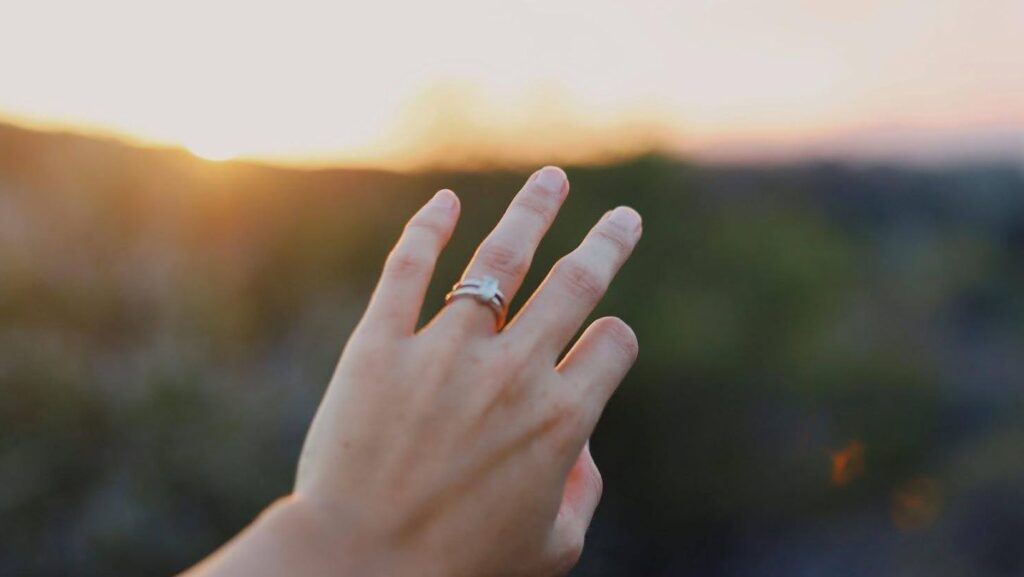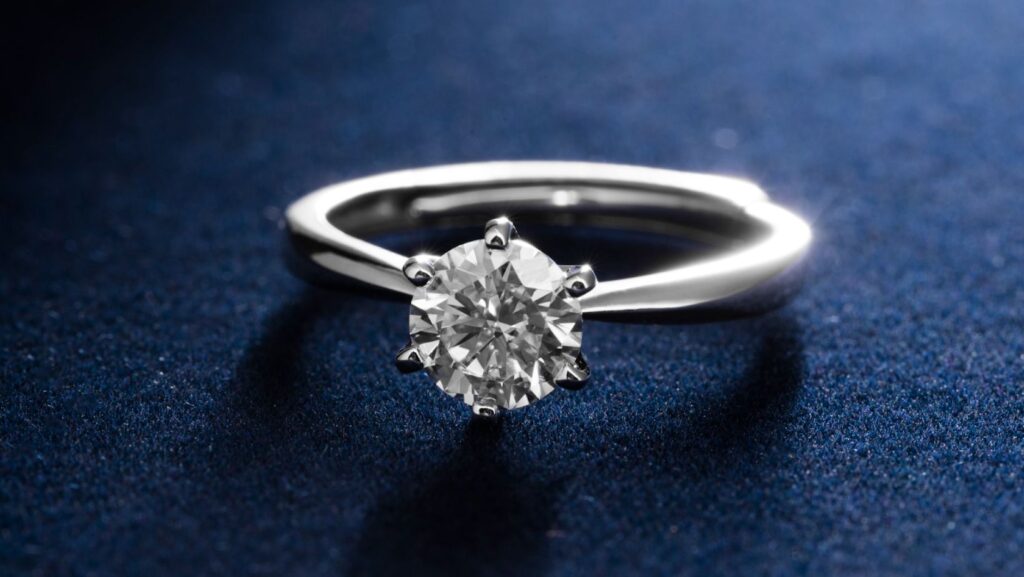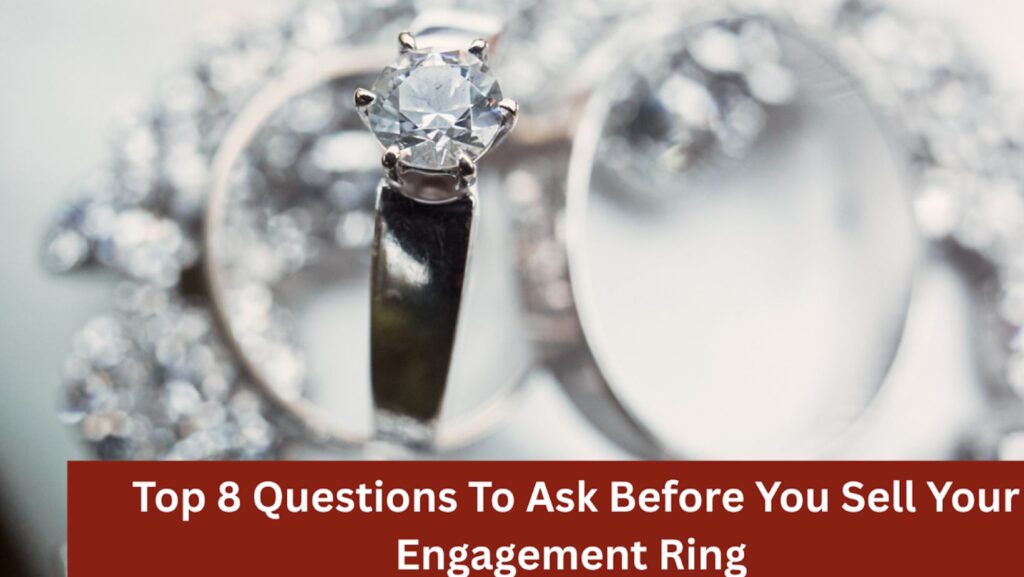An engagement ring is not just a piece of jewelry; it is a powerful symbol of a promise and a memory trapped in metal and stone. Selling it feels like closing a highly prized chapter and opening another.
This choice tends to evoke mixed feelings—joy and wistfulness, sorrow and relief—coupled with a hope of economic independence. Preparing to embark on this is not only about being emotionally ready, but also about being educated and tactical.
To receive a fair price and be treated fairly, you need to shift from being an emotional buyer to an assertive and informed seller. Your most effective tool is the ability to ask potential buyers the right questions. They help you to remain in command, protect your interests, and negotiate the best possible contract.
Therefore, getting yourself equipped with these eight core questions before sitting down with any buyer will make your decision not only profitably fulfilling but also emotionally comforting
1. What Is the True Market Value of Your Ring?
One of the first and most important things to ask a potential buyer is how they determine the current market value of your engagement ring.
Some shoppers will attempt to make an offer based on the original retail value or a stale appraisal prepared for insurance purposes, which is always a poor estimate of the actual resale value. When you sell engagement ring, request that the buyer describe how they arrived at their offer—and whether it’s based on current market demand, current trade prices for diamonds, or other professional measures.

Have them walk you through the 4Cs of your center stone (Cut, Color, Clarity, and Carat weight), and explain how factors such as designer source, metal content, or side gemstones impact their prices. A clear explanation is a sign of integrity; evasive responses should be a red flag.
2. Do you Have All the Necessary Documentation?
Before negotiating, present your papers and ask if the buyer accepts and recognizes third-party certification. These are your original sales receipt, grading reports from reputable institutions such as the Gemological Institute of America (GIA), and professional appraisals.
Inquire if the reports have been outsourced to a third-party lab or carried out in-house. An interested buyer will appreciate thorough documentation and employ it to make an honest, fact-based offer. Such transparency goes a long way in building trust and initiating the process quickly, so your ring is evaluated based on facts rather than assumptions.
3. What Are Your Selling Options
Every sales channel has some pros and cons, so ask your buyer what they can do for you. Some buyers will buy outright, with fast payment, but often at a discounted price.
Others will offer you a consignment arrangement, where they sell your ring on your behalf and remit the proceeds to you after the sale. In such a case, ask them about their commission, average sale time, and marketing method.

If your buyer is an online service or auction site, request that they inform you of their listing process, security measures, and exposure to buyers. Any qualified professional will be more than happy to outline all your options so that you can choose the one that is most appropriate for you
4. How Will You Value My Ring?
Have a potential buyer describe, in their own words, how they would analyze your ring.
Have them include the following:
- The gem should be examined by a professional expert in your presence using standard gemological tools, including a jeweler’s loupe, carat scale, and microscope.
- They must outline step-by-step what they are doing and how features like diamond fluorescence, symmetry, and band condition influence the offer.
- If a buyer demands taking your ring to another room or the “back office” away from your view, it is a red flag. Openness during the assessment process is an indicator of professionalism and honesty.
5. Are There Any Secret Fees or Commissions?
In order to eliminate nasty surprises, always insist that the buyer provide an up-front, plain statement of all charges that will be made.
Do they charge any testing, cleaning, or reset fees on the stone? And if it’s a consignment sale, what exactly is the exact rate of commission?
When selling or auctioning to online buyers, ask if they collect listing fees, final value fees, or payment processing fees. An honest buyer will inform you in advance so you can price accordingly.
6. What’s Your Payment Process and Timeline?
Ask your buyer to explain how and when they would pay before selling. Are you paying by cashier’s check, bank wire, or bank transfer? When do you receive your money back after you make a purchase? A committed buyer will give secure, traceable forms of payment and pay cash upon delivery for local transactions.

For an auction or consignment sale, request a written agreement specifying the terms of payment upon taking delivery of the ring. It is advisable to know this beforehand so you will not be caught off guard and can prepare your finances in advance, and avoid any delays or disputes.
Wrap Up
It’s more about the closure and new beginnings, selling your engagement ring—it’s not that much about the money. While sensitive in nature, these eight questions keep you alert, informed, and in control.
By presenting the buyer with the questions, you put the sale into a business conversation on trust and disclosure. Not only does this engaging process secure your money interest, but it also allows you to continue with assurance, peace of mind, and clarity.
